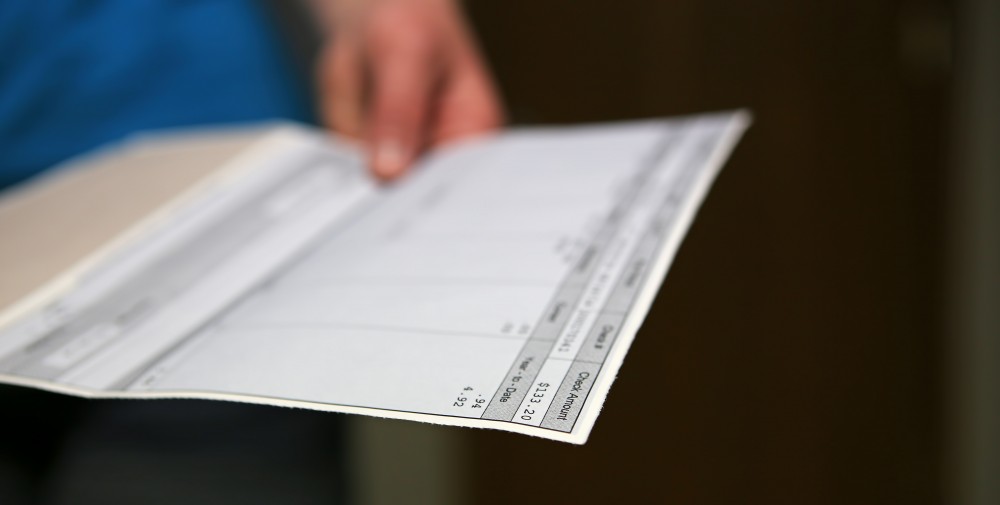Minimum wage increases to $8.15

Sep 7, 2014
Paychecks for some Grand Valley State University students will be a bit larger from now on. On Sept. 1, the Michigan minimum wage raised from $7.40 an hour to $8.15 an hour.
While student loans and scholarships can alleviate some of the strain on students’ wallets, it often isn’t enough and many seek job opportunities on campus. Students rely on minimum wage jobs to pay for everyday necessities such as gas, food and rent.
When employee wages are required to rise, it can sometimes put a burden on the businesses that employ them. However, GVSU has been preparing for the change.
“Any time we have increased expenses it strains the budget, but we plan for it,” said Jeff Musser, the assistant vice president for university budgets.
Musser and the budget office were following the talks of raising minimum wage since they began. He said they wanted to be able to plan early and keep on top of what they thought the new budget should be.
The current budget for student pay is $400,000. However this only accounts for 2.5 percent of the budget. This year, the budget was increased to accommodate the additional pay students will receive, and the number of jobs available to students will not be affected by the increased expense.
However, one place students will be able to tell the effects of the minimum wage increase is at campus dining locations. Some of the options that were considered a meal last year are now a meal +1, due to the wage increase.
“It’s a priority for us to have student employees,” Musser said. “Providing good jobs for students is a great educational opportunity.”
While those at the administrative level have been following the wage increase carefully, some students have yet to catch on to their larger paychecks.
“I didn’t even look to see what I get paid,” said Paul Porter, a junior who was recently hired to work at the 20/20 info desk. “I assume minimum wage. I thought it would be a fun place to work.”
Porter said he will use the money from his new job for everyday expenses, hanging out with friends and paying for gas.
“Gas is not cheap here and nothing is close,” said Kadijah Redmond, an office clerk and tour guide.
Most of the money she makes from her two campus jobs goes toward travel.
“Next year I’m planning to go to Thailand,” she said.
David Annis works at the University Book Store and is content to stay where he is for as long as possible.
“If I budget well, the amount of money I make is pretty good,” Annis said.
His job pays for most of his tuition, but he does it for the experience as much as the money.
“If I can get GVSU for grad school, I’ll probably continue working here,” he said.
Taylor Hansen has worked as an auditor for six years while working on two degrees. Although she receives financial help from her parents, she can see the value the rise in minimum wage can be for students.
“Everyone always feels broke as a college student, it gives a financial cushion,” she said.
Employees don’t make minimum wage for long, as every year of employment gives a raise. Hansen is happy with what she makes, but said that since students are limited to working 25 hours a week, it is better to find a full-time job if students need to rely on it for the money.
“Most economists would predict little or no negative impact on employment,” said economics professor Paul Sicilian.
He added that the raise could also benefit those who make more than minimum wage as pay tends to go up for higher paid employees to maintain the pay gap.
This year is just the first that will see a minimum wage rise. By 2018, minimum wage will reach $9.25 an hour. Musser said the school is preparing for these increases so that GVSU can continue to provide jobs for students.
“We’re planning for it,” he said. “We are prepared to do the same thing in those budget years.”























